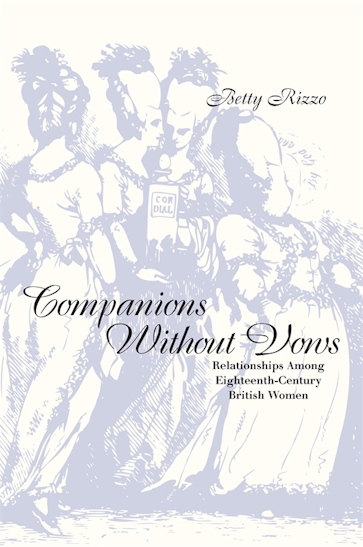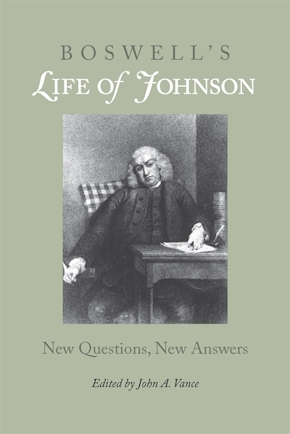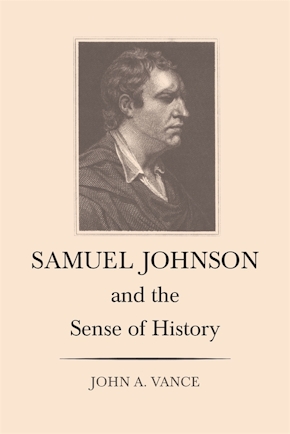Companions Without Vows
Relationships Among Eighteenth-Century British Women
Title Details
Pages: 472
Trim size: 6.000in x 9.000in
Formats
Paperback
Pub Date: 09/01/2008
ISBN: 9-780-8203-3218-5
List Price: $36.95
Related Subjects
HISTORY / Europe / Great Britain
SOCIAL SCIENCE / Women's Studies
LITERARY CRITICISM / European / English, Irish, Scottish, Welsh
Companions Without Vows
Relationships Among Eighteenth-Century British Women
Skip to
- Description
- Reviews
Companions Without Vows is the first detailed study of the companionate relationship among women in eighteenth-century England—a type of relationship so prevalent that it was nearly institutionalized. Drawing extensively upon primary documents and fictional narratives, Betty Rizzo describes the socioeconomic conditions that forced women to take on or to become companions and examines a number of actual companionate relationships.
Several factors fostered such relationships. Husbands and wives of the period lived largely separate social lives, yet decorum prohibited genteel women from attending engagements unaccompanied. Also, women of position insisted on having social consultants and confidantes. Filling this need were the many well-born young women without sufficient funds to live independently. Because family money and property were concentrated in the hands of eldest sons, these women frequently had to seek the protection of female benefactors for whom they performed unpaid, nonmenial tasks, such as providing a hand at cards or simply offering pleasant company.
The companionate relationship between women could assume many forms, Rizzo notes. It was often analogous to marriage, with one partner dominant and the other subservient, while some women experimented in establishing partnerships that were truly egalitarian. Rizzo explores these various types of relationships both in real life and in fiction, noting that much of the period's discourse about women's relationships can be seen as a tacit commentary on marriage.
Provocative and engagingly written, this authoritative work casts new light on women's attempts to deal with a patriarchal power structure and offers new insight into eighteenth-century social history.
Not only explores an idea that needed to be written about: it does so in a comprehensive and thoroughly readable fashion.
—Eighteenth-Century Fiction
An important book. Students of social history, literature, psychology, and gender studies, and of related disciplines, will find here an exploration of hitherto uncharted territory-relationships between women and their female companions-supported by a broad and solid view of eighteenth-century England.
—Albion
Extraordinary . . . engrossing.
—Times Literary Supplement



